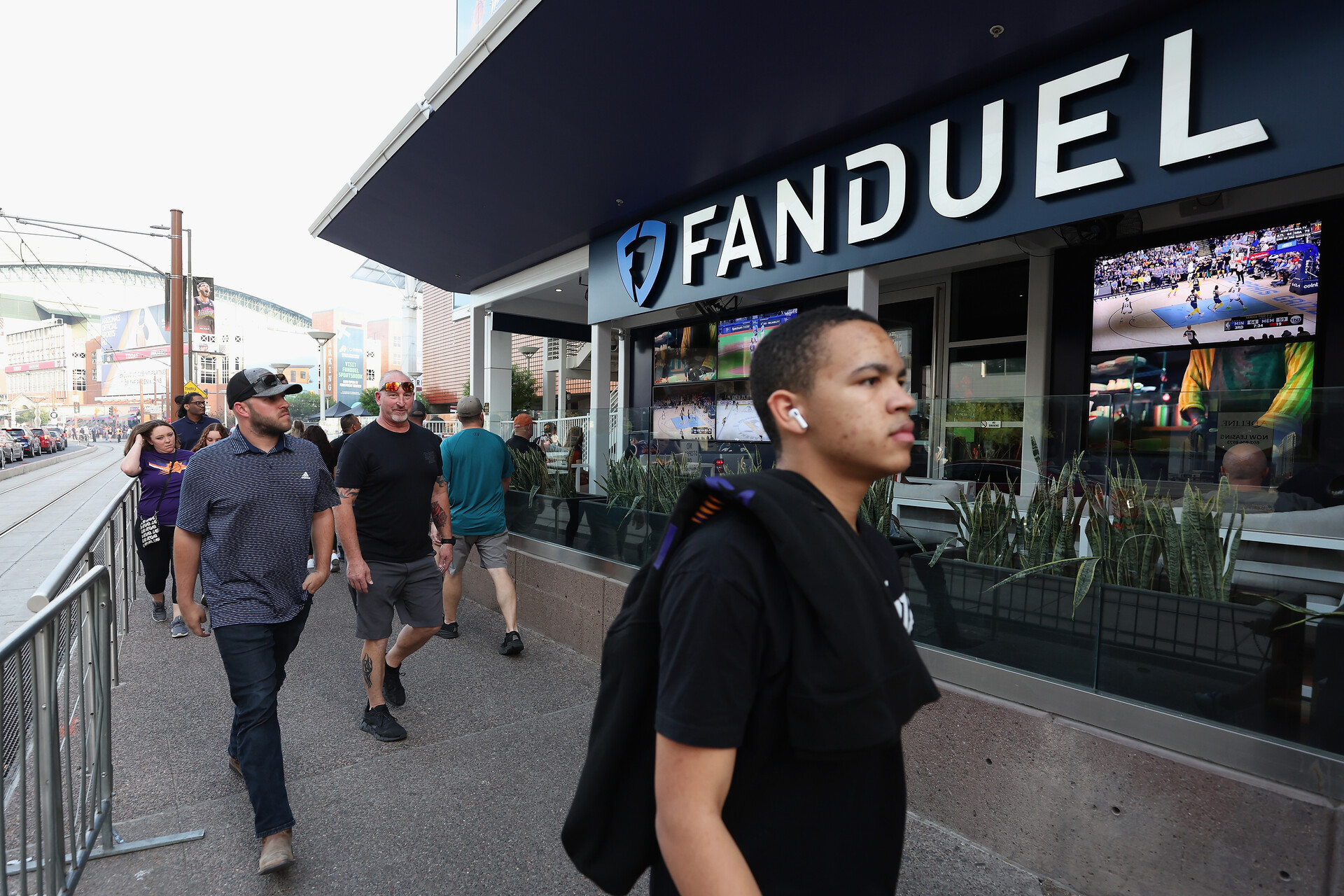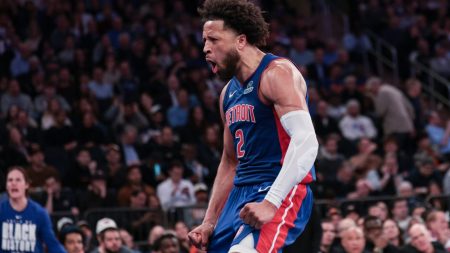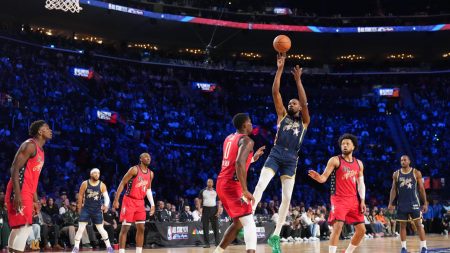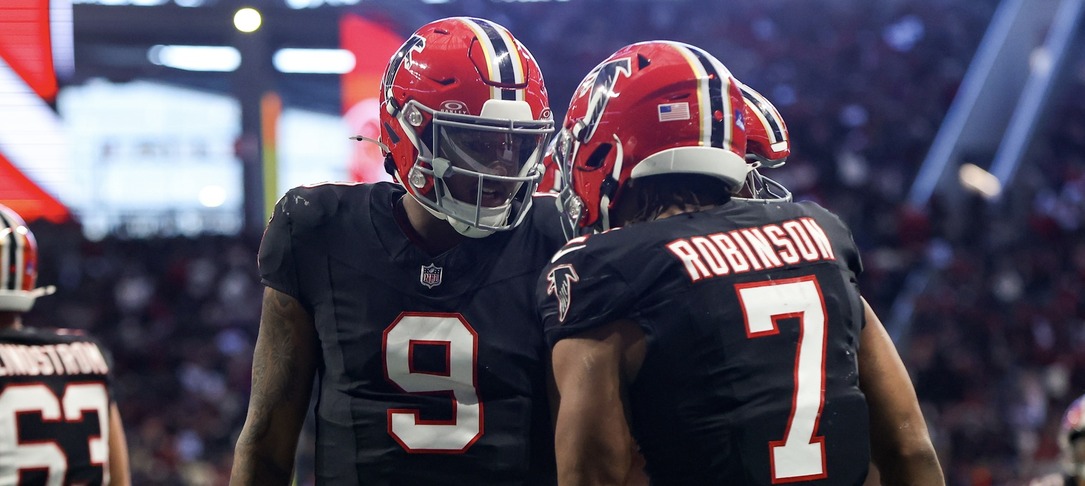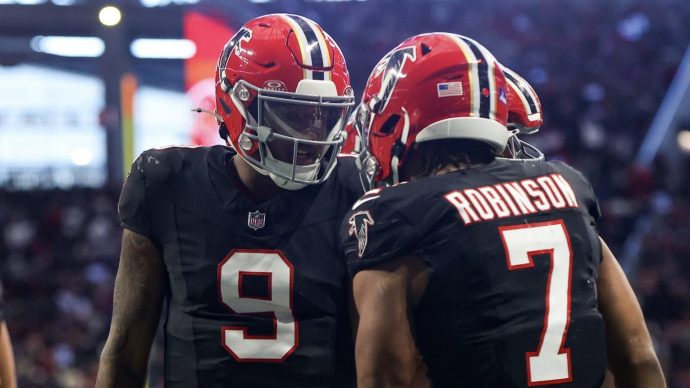Everyone seems to have an opinion on the U.S. sports betting market. Poke around on gambling Twitter for any bit of time, and you’ll see comments like, the market is underperforming because of x, this operator is struggling due to such and such policy, or FanDuel is beating DraftKings because of y. These comments will be stated with the utmost confidence, as will the rebuttals.
The latest debate is what is causing the sudden downward handle and revenue trend in US markets.
The truth is, many factors influence the market. And those factors have second and third-order effects. Further, the legal U.S. sports betting industry has some of the noisiest data imaginable, thanks to the nascency of the market and the global pandemic that coincided with the expansion of legal betting.
Each of these issues – multiple factors and noisy data – makes it difficult to put much stock in declaratory statements about what is or will be. Keep that in mind the next time someone jumps on Twitter to explain US sports betting.
So why are handle and revenue declining? There is no shortage of explanations, and I could write five different columns grounded in data that all sound reasonable and convincing. Instead, I’ll explain why reaching concrete conclusions is so hard.
Multi-Factors
Poker was a pop culture phenomenon for several years in the early 2000s. Poker rooms and tournaments took over casinos, were all over television, and became one of the first time-sinks of the internet before apps, streaming services, and social media.
What caused poker’s sudden increase in popularity? Most people point to Chris Moneymaker’s 2003 World Series of Poker victory. It’s a nice simple explanation. The truth is, so many aspects of Moneymaker’s victory were of extreme importance.
There was:
- The new hole-card technology that changed televised poker
- The improved infrastructure of internet poker, now in its fifth year of existence
- ESPN’s willingness to broadcast the WSOP in a new, expanded format.
- Moneymaker’s storyline and too-good-to-be-true name.
At the same time, there was the creation of the World Poker Tour, the release of James McManus’s book detailing his improbable run to the 2000 WSOP final table, Positively Fifth Street, and the movie Rounders becoming a cult classic.
One possibility for the current downswing in sports betting handle and revenue is straight economics, which was good during the pandemic and not so good now, with inflation and the government spigot all but turned off.
During the pandemic, when sports betting/online gambling companies posted record numbers, a lot of extra money was floating around from stimulus checks and enhanced unemployment benefits. Couple that with a lot of free time, little desire to venture out, and few brick-and-mortar businesses open to patronize, and it’s pretty clear economics was a contributing factor to the record numbers.
It’s not the only reason; new markets opened, and a sudden interest in sports betting that was not too dissimilar from the Poker Boom.
Bottom line: There is rarely a single, easy to point to explanation.
Noisy Data
The legalization of online casino gambling in New Jersey occurred during a period of extreme tumult.
The Atlantic City casino industry was in a period of disarray. In a 20-month span – from January 2013 through September 2014 – four of the city’s 12 casinos closed their doors, and most were operating in the red.
Amid that backdrop, people were having trouble analyzing the online gambling data. Was the turnaround at the still-open casinos from online gambling, less competition, or both? Did the casino closures hide cannibalization from online gambling, or did online gambling accelerate the casino industry’s recovery? And, of course, Did online gambling create or reduce jobs?
All these questions were difficult to answer then and remain difficult to answer. A fifth casino closed in 2016, and two new casinos opened in 2018. Then along came sports betting, and the pandemic hit. After nearly ten years of legal online casino gambling in New Jersey, its impact is still up for debate.
Thanks to the pandemic, sports betting is dealing with similarly noisy data. Were the record quarters during the pandemic signs of things to come or an outlier?
Upshot
Complex systems like sports betting are challenging to analyze in the best of conditions. The current situation in the U.S. is far from that, and finding a signal in the noise is quite tricky.

